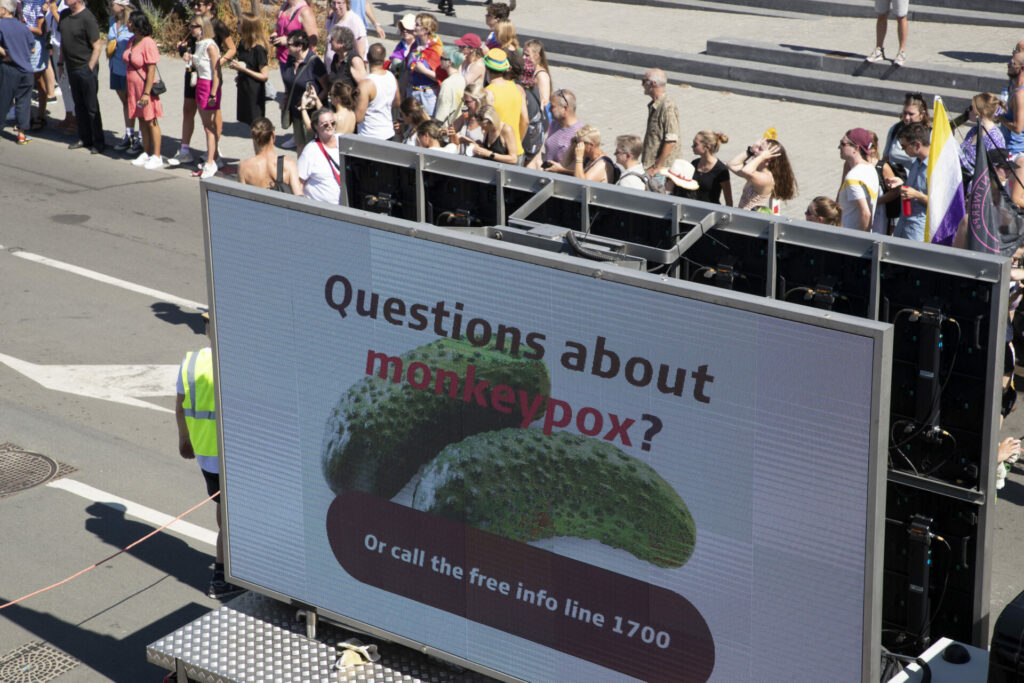Monkeypox infections are continuing to increase globally. More than 35,000 cases have been recorded across 92 countries and territories, while the virus has killed 12 people, the World Health Organization (WHO) reported.
The majority of cases are being reported from Europe and the Americas, and many of the reported cases (though not all, as the virus can be contracted by anyone) have been among men who have sex with men.
“Almost 7,500 cases were reported last week, a 20% increase compared to the previous week, which also saw 20% more cases than the week before,” said WHO Director-General Tedros Adhanom Ghebreyesus during a regular press briefing from Geneva.
"The primary focus for all countries must be to ensure they are ready for #monkeypox & stop transmission using effective tools, incl. enhanced disease surveillance, careful contact tracing, tailored risk communication & community engagement, & risk reduction measures"-@DrTedros
— World Health Organization (WHO) (@WHO) August 17, 2022
The virus is also circulating more rapidly in Belgium, where cases have increased as well. As of last week, around 550 cases were confirmed in the country.
Vaccine inequality
Demand for the vaccine against the virus was outstripping the supply in the country, however, the Belgian authorities are aiming to vaccinate all people with an increased risk of monkeypox by the end of this week, Federal Health Minister Frank Vandenbroucke announced on Wednesday last week.
His cabinet confirmed to The Brussels Times that an update on the rollout of this campaign would be given on Friday in a press briefing.
Related News
- Monkeypox on the rise in Belgium: Here's what we know
- 'Misleading and stigmatising': WHO wants new name for monkeypox
While Belgium is receiving criticism regarding the delay in rolling out vaccines nationally, the WHO lamented that it fears the inequitable access to vaccines seen during the Covid-19 pandemic will be repeated, and that "the poorest will be left behind," especially as global supplies are limited and the sole manufacturer of the medicine is unsure whether it can meet demand.
WHO stated that it is in contact with manufacturers, and with countries and organisations willing to share vaccine doses. In the meantime, it called on all countries to "ensure they are ready for monkeypox," and to stop transmission using public health tools, from enhanced disease surveillance, to contact tracing, tailored risk communication and community engagement.

